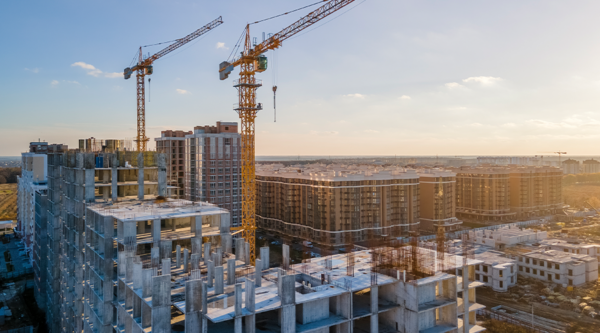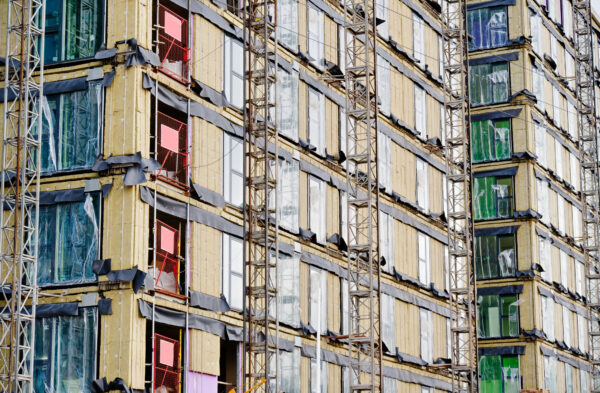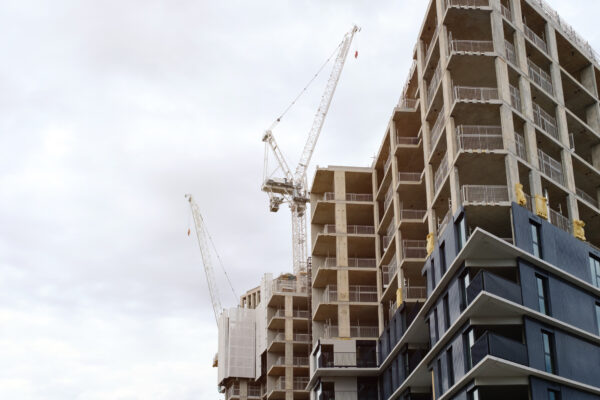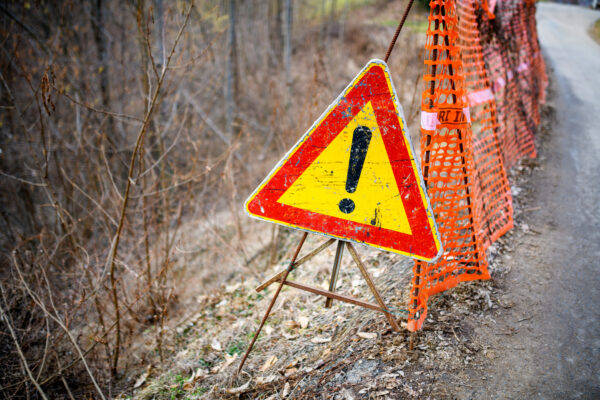
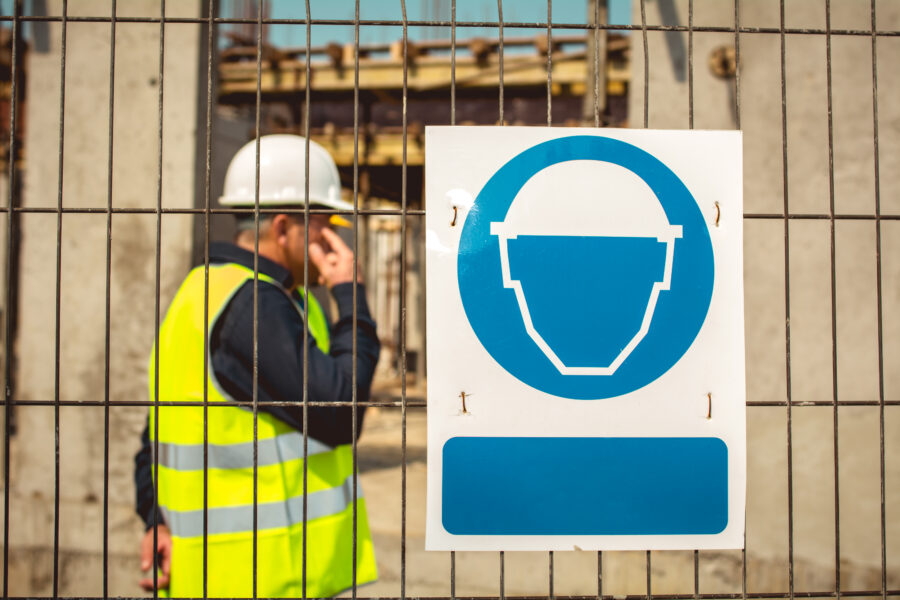
The King’s Speech, delivered on 16 July 2024, endorsed and emphasised the government’s plans to intensify housebuilding in England and Wales. The commitment remains to build 1.5 million homes and to create sustainable economic growth throughout the country.
Both the Labour government and HM King have reiterated the need for planning reform. The government’s new Planning and Infrastructure Bill will be enacted to simplify and streamline the current planning process.
The challenge of getting Britain building
Following this pledge, we are likely to see housing developers, construction companies, and builders ramping up their activities. The government’s vision of new towns and houses will not be realised overnight. Previous housing booms and regeneration projects have faced incredibly complex delivery programmes, challenging both the timeframes and budgets of these projects.
Tight build programmes, stretching budgets, increased labour, material and plant hire costs often create conflict and require a balance between delivering houses on-time and building houses safely and protecting the workforce building them.
Any developer knows that a framework of laws and regulations form the legal and compliance foundations of any construction project. With strict legal regulatory framework in place, anyone planning to build houses in the future, in an effort to fulfil the government and King’s promises, will face criminal prosecutions if they fall short of the required standards.
The Health & Safety Executive (“HSE”), as a regulator, has published Approved Code of Practices and Guidance Notes on how to build safely and stay on the right side of the regulations. Developers will be held accountable to this framework as ignorance is no defence of the law.
The construction industry has broadly welcomed the country’s pledge to build more houses but it has expressed some immediate concerns regarding challenges along the way.
Skills shortage and contractors
Since the Covid-19 pandemic, there has been and remains the question of the skills shortage in the construction industry. This will need addressing head on and will likely result in development projects utilising contractors and sub-contractors.
The use of contractors, sub-contractors and specialist trades is not a new concept when building houses. However, as we know from the annual statistics published by the Health & Safety Executive, of the total number of deaths in the workplace for the construction sector, 41% of those are self-employed workers.
From experience on speaking to those in the industry and covering construction regulatory matters, I found there are often two reasons as to why these incidents occur.
- Contractors are often engaged on a fixed-price basis. In complex programmes, this can lead to challenges and pressures to complete the work on time, sometimes at the expense of quality and safety.
- From cases prosecuted in court, the managing and monitoring of contractors on site are not at the standard they should be to meet the legal requirements.
The latest HSE statistics from 2023/2024 reveal that out of 138 workplace fatalities, 51 were in the construction industry, the highest number for UK sectors.
Construction is one of the main industries in the country so these statistics are relative, but we cannot ignore the fact that employees in this industry use heavy plant and machinery, often work at height, work alone and are delivering often complex build programmes
After the pandemic, we witnessed the construction sector having to quickly increase its level of activity. Again because of the skills shortage, we saw qualified yet inexperienced workers and trades on site, new “gangs” and new systems of work to keep up with the required level of activity.
It is not a coincidence that the Health & Safety Executive statistics rank the construction sector as the sector which accounts for the greatest number of workers killed in fatal accidents each year.
Safety priorities in UK construction
As with any construction project, the key health and safety priorities remain:
- To run a safe and secure site
- To understand your site and to create bespoke – not generic – risk assessments and safe systems of work
- To have an open culture with zero-tolerance in relation to regulatory breaches, poor behaviour and unacceptable conduct
- To have a well-trained workers, technical and site team where everyone involved in the construction project including site managers and assistant site managers are well-trained and educated in relation to health and safety policy and practices
- To continually review, assess and train workers on site; understanding that sites change regularly and so should site documentation, induction and training.



